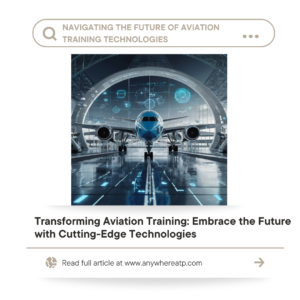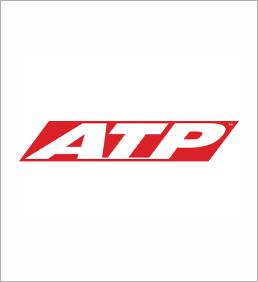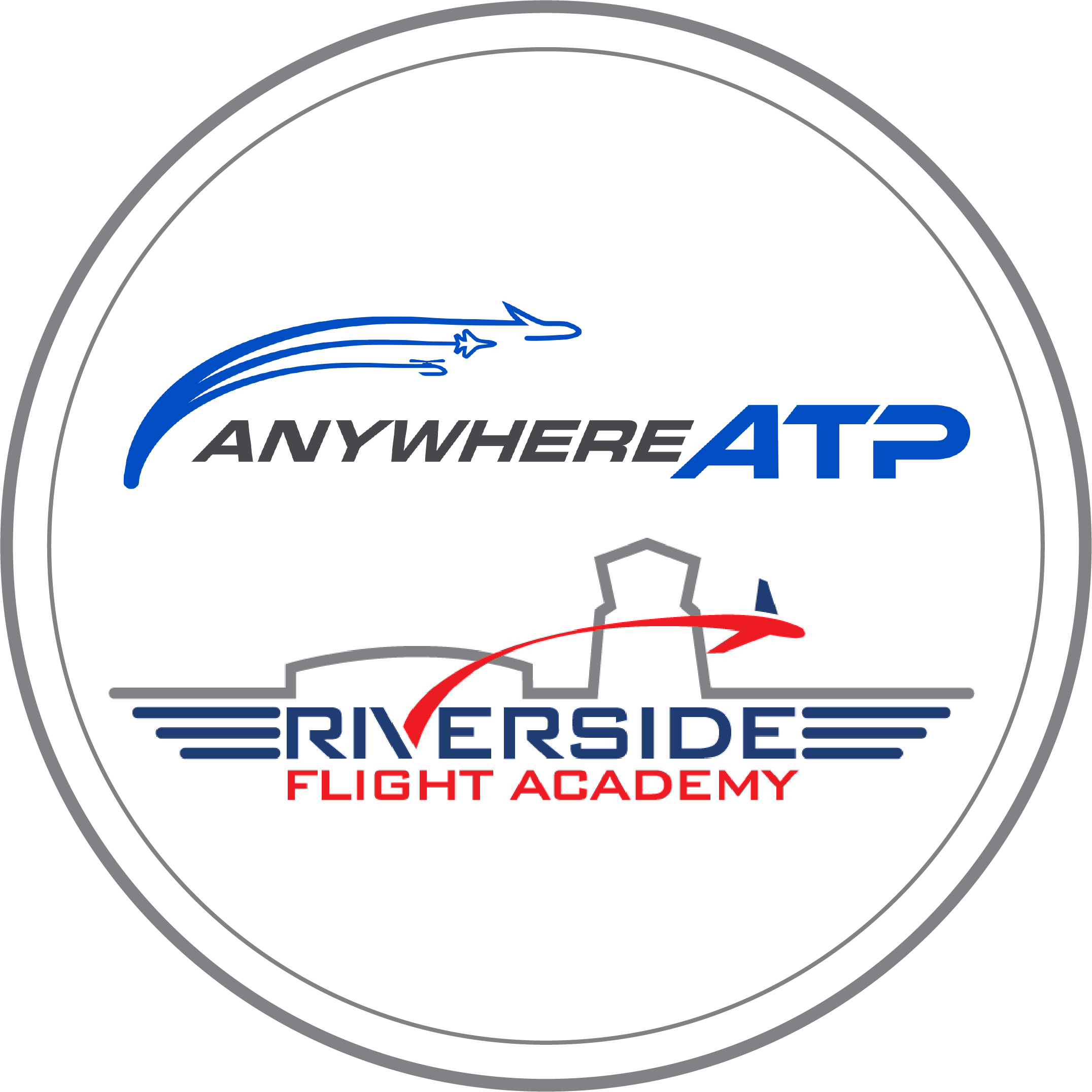
Navigating The Future Of Aviation Training Technologies
The aviation industry has always been at the forefront of technological advancements, and this trend also extends to aviation training. As the demands on the industry evolve and technologies continue to develop rapidly, aviation training programs need to stay ahead of the curve. Navigating the future of aviation training technologies requires a keen understanding of emerging trends and a proactive approach to integrating these technologies into training curricula.
Virtual Reality (VR) and Augmented Reality (AR)
Virtual reality and augmented reality technologies are revolutionizing aviation training by providing immersive and interactive experiences for trainees. VR simulators allow pilots and maintenance technicians to practice procedures in realistic virtual environments, enhancing their skills and reducing the need for expensive physical training equipment. AR applications provide on-the-job support by overlaying digital information onto real-world scenarios, improving situational awareness and decision-making capabilities. Many airlines are already using VR and AR for training purposes to further enhance training effectiveness. For example, major airlines like Lufthansa and American Airlines use Avietra’s VR platform for pilot training, and Boeing uses VR for astronaut training, demonstrating the broad applicability and effectiveness of these technologies in aviation training.
Artificial Intelligence (AI)
AI-powered systems are increasingly being used in aviation training to personalize learning experiences and provide real-time feedback to trainees. Machine learning algorithms can analyze vast amounts of data to identify patterns and trends, enabling trainers to tailor instruction to individual learning styles and preferences. AI-driven simulations can also simulate complex scenarios and adapt in real time based on trainee performance, ensuring that they are adequately prepared for any situation they may encounter.
Remote Learning and Collaboration
Advancements in communication technologies have made remote learning and collaboration more accessible than ever before. Aviation training programs can now leverage video conferencing, online learning platforms, and virtual classrooms to deliver high-quality instruction to trainees located anywhere in the world. This not only increases flexibility and accessibility for trainees but also facilitates collaboration between instructors and subject matter experts from diverse geographical locations.
Gamification
Gamification techniques are being increasingly utilized in aviation training to engage and motivate trainees. By incorporating elements of game design, such as points, levels, and rewards, into training programs, instructors can create interactive and engaging learning experiences that encourage trainees to actively participate and progress through their training. Gamification also fosters healthy competition among trainees, driving them to strive for excellence and continuously improve their skills.
Pilot Debriefing Tools
Effective debriefing is crucial for improving pilot performance and safety. Various tools exist to facilitate this process, including:
- FOQA (Flight Operations Quality Assurance): Uses recorded flight data to identify safety trends and enhance training programs.
- ASAP (Aviation Safety Action Program): Allows aviation employees to report safety issues voluntarily, contributing to continuous safety improvements and better training.
- Simulators with Built-in Analytics: These provide detailed feedback on pilot performance, identifying strengths and areas needing improvement.
- Video Debriefing Systems: Recording and reviewing flight sessions help analyze and understand pilot decisions and actions.
In conclusion,
The future of aviation training is undoubtedly exciting, with rapid advancements in technology opening up new possibilities for enhancing training effectiveness and efficiency. By embracing emerging technologies such as virtual reality, artificial intelligence, remote learning, gamification, and data analytics, aviation training programs can navigate the ever-changing landscape of the industry and ensure that trainees are equipped with the skills and knowledge they need to succeed in their careers.
© 2024.Anywhereatp, LLC all rights reserved
Number of seats
Category ATP CTP




